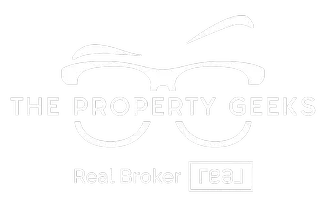Is buying down your mortgage rate worth it?
When mortgage rates rise, borrowers scramble to find the lowest rate and beat the market. One option to combat this is "buying down your rate" with mortgage points. Essentially, you're paying more up front at closing to lock in a lower monthly rate, which in turn can give you a lower monthly payment.
When interest rates are lower, fewer borrowers pay the higher closing costs to get a monthly discount. But as mortgage rates rise, borrowers are more likely to weigh the pros and cons of buying mortgage discount points.
Advantages of buying down your interest rate
The biggest advantage of buying down your mortgage interest rate is you get a lower interest rate on your mortgage - giving you a lower monthly payment. Regarless of your credit score, you can typically buy down your mortgage interest rate as much as you want and as much as your lender will allow.
- If your income is too low for you to qualify for the house you want, you may be able to afford the purchase price with a reduced interest rate and payment if you pay a larger lump some at closing - not always the best idea to cap out OVER the maximum, but this could be an option.
- If you can negotiate some additional closing costs with the seller, you can use the additional funds to buy down your rate - also known as the "seller rate buy down".
- Since discount points represent prepaid mortgage interest, the cost is often tax-deductible (if you itemize your deductions) - ask a tax professional for more information.
First time homebuyers who anticipate staying in their homes for a longer period of time may find that buying down their interest rates to be a good decision. That's because the early years of homeownership can be more expensive and typically first time homebuyers' incomes may be lower. A lower rate can drop your monthly payments and even help them qualify for a more expensive home/a home that they would be able to live in for a longer period of time.
Disadvantages of buying down your rate
The primary drawback to buying down your mortgage interest rate through points is the upfront cost of purchasing the home can be higher.
- Your monthly payments will be lower, but you need to "break even" for those savings to be worth it. That means, if you buy down your rate, you should plan to keep your home loan long enough that your total savings outweigh the upfront cost of buying points.For example, if you purchased a home today with plans of refinancing as soon as rates drop or change at all - buying down your rate a considerable amount at closing wouldn't really make a whole lot of sense.
- Buying mortgage points at closing can tie up a lot of your liquid cash. You may have better uses for that money; for example, paying off higher interest credit, making another investment, or saving for future home improvements that would bring up your property value (this would be a good plan if you do plan on refinancing soon in the future.)
- Plus, if you're putting less than 20% down on your purchase - or have less than 20% equity when refiancing - you'll probably have private mortgage insurance (PMI) on a conventional loan. In some cases, it would be better to put more down (if you can surpass the 20% threshhold) rather than buying points.
There are certainly pros and cons to buying down your mortgage interst rate. Working directly with your mortgage professional is your best bet in ensuring you're making the most educated decision when it comes to financing your home.
Categories
Recent Posts
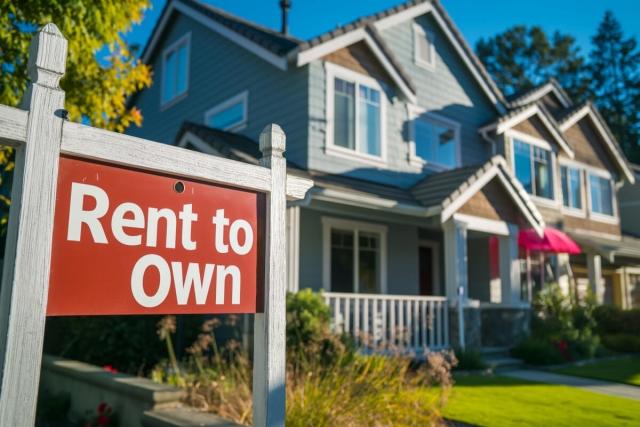

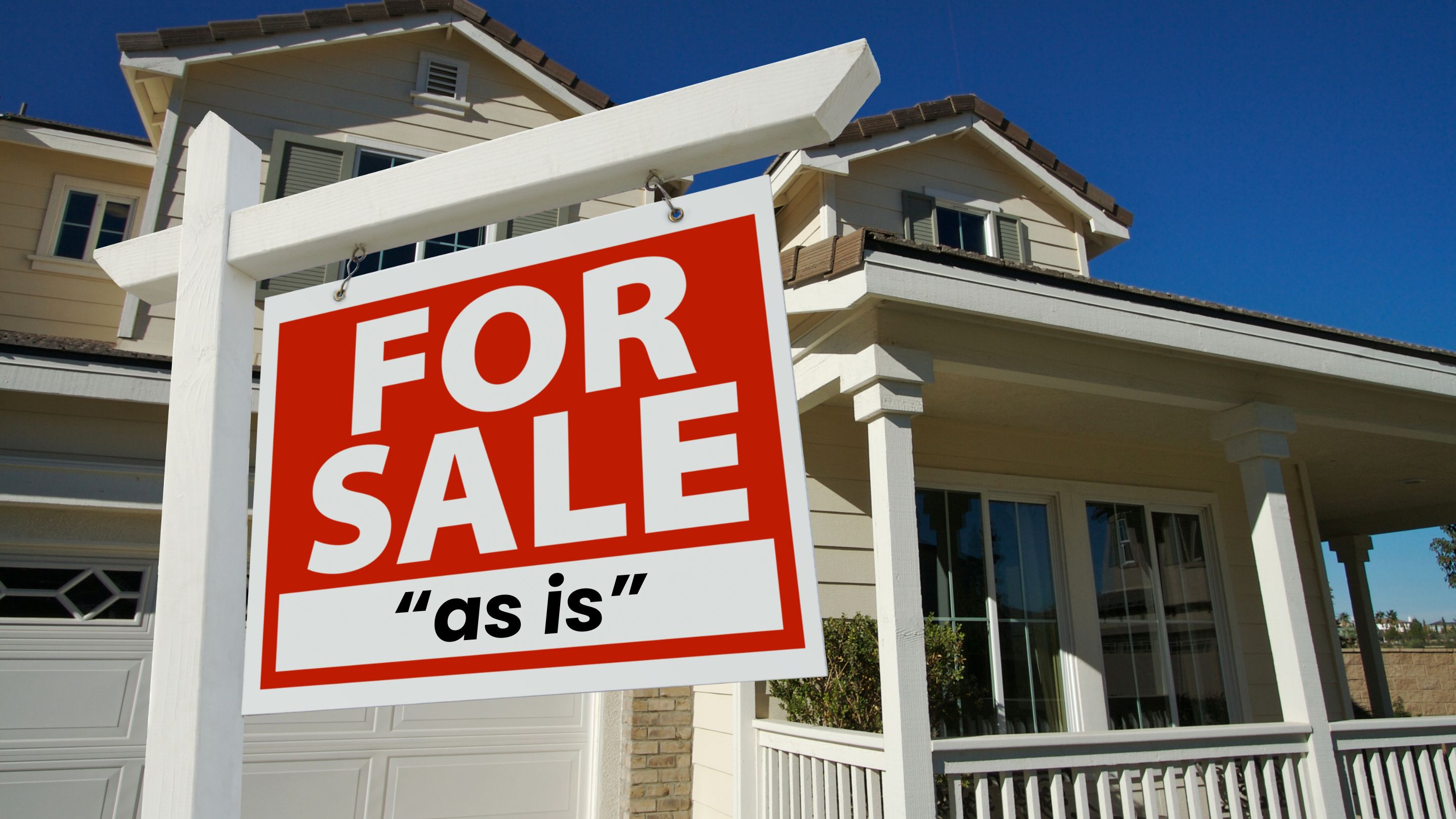
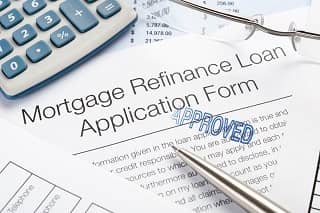


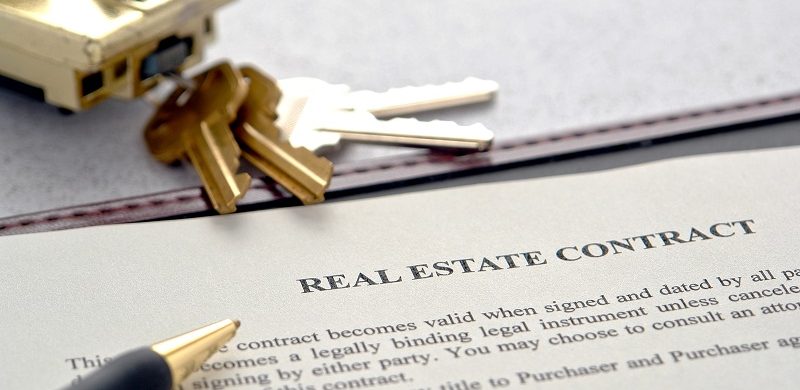

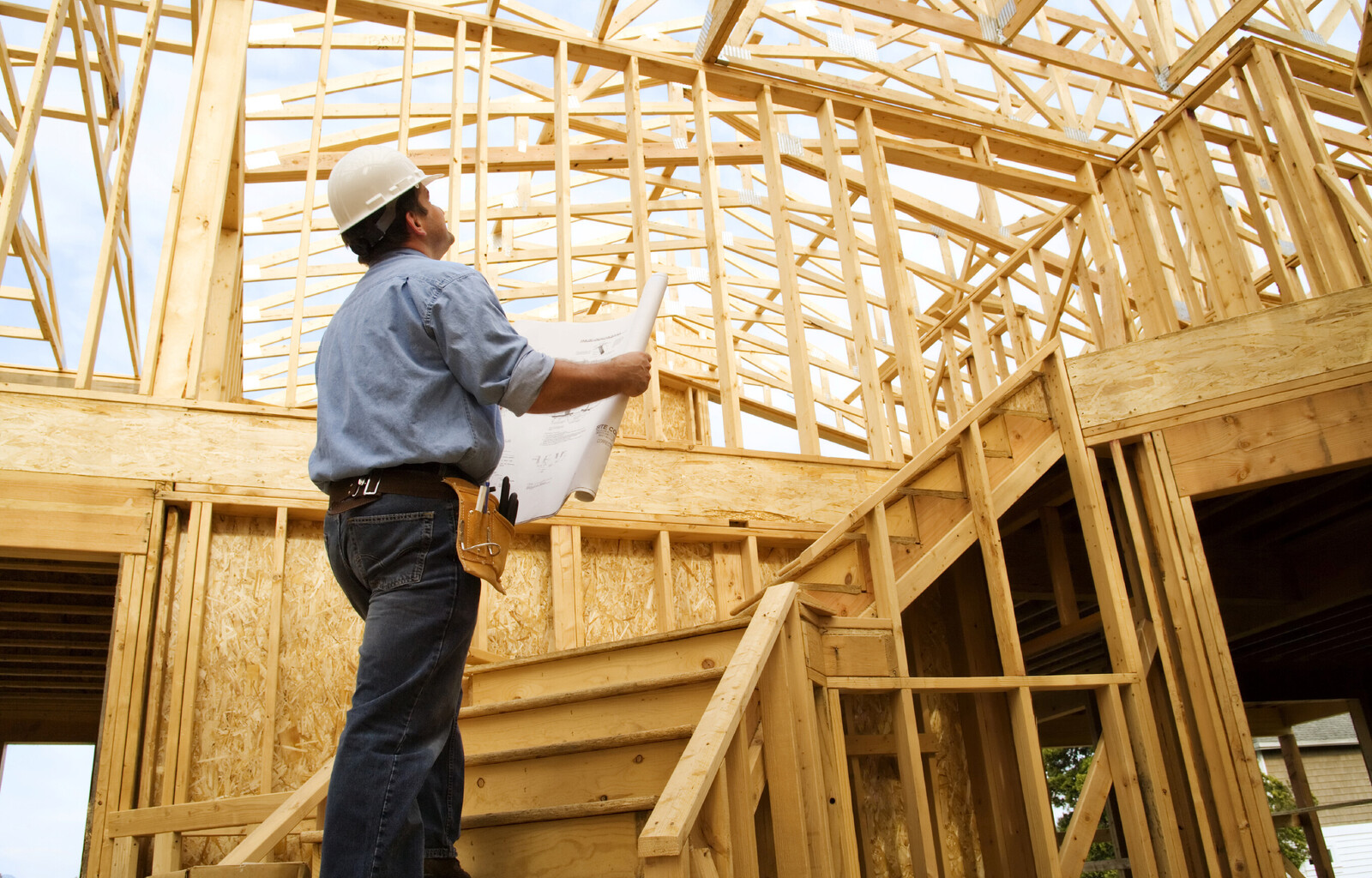

GET MORE INFORMATION

